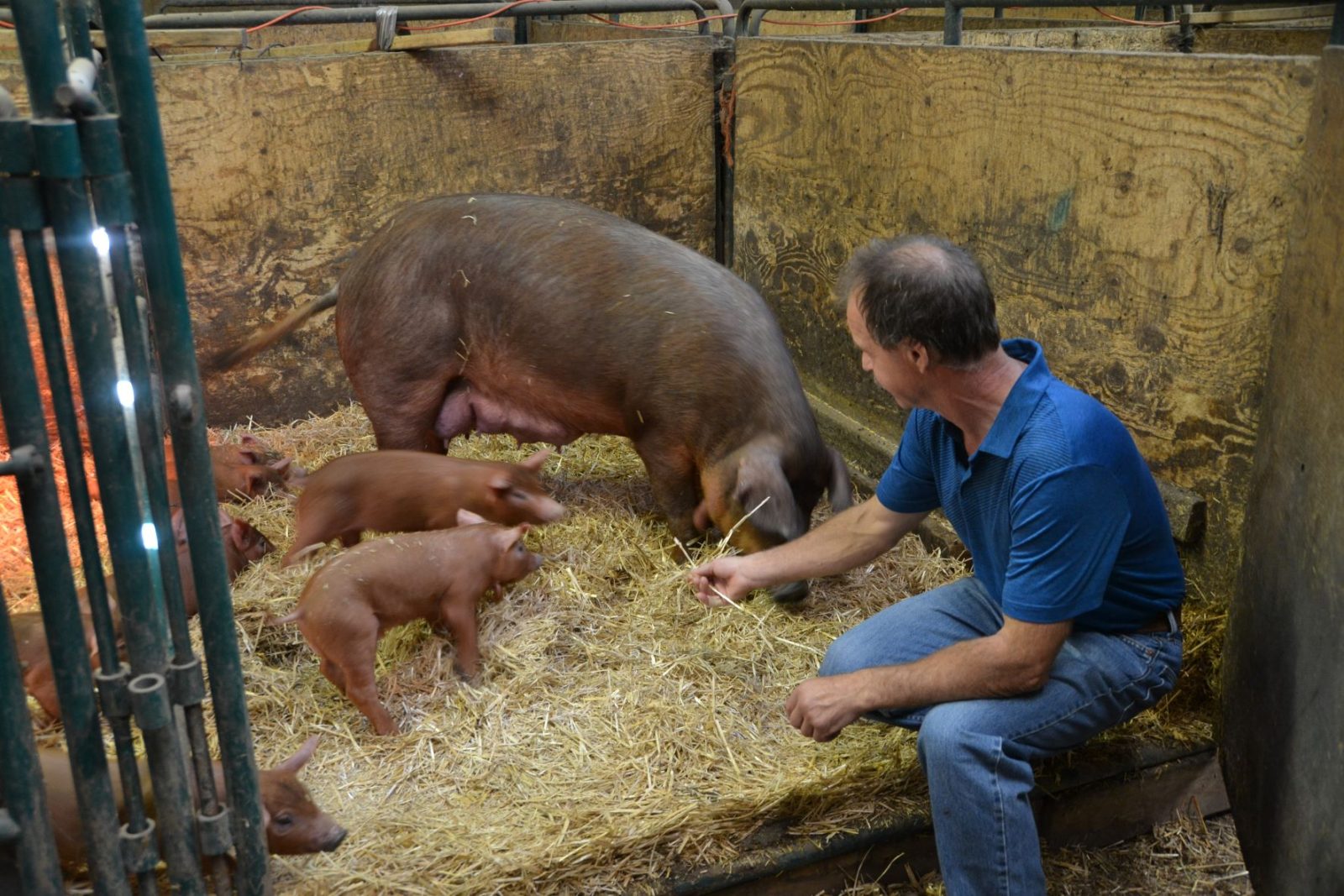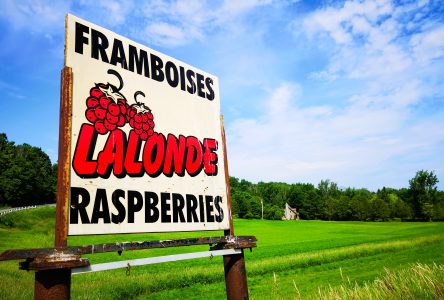The legislation prohibits the import, possession, transport, propagation, lease, trade, buying, and sale of Eurasian wild boar and their hybrids in the province as of January 1, 2022. However, existing wild boar owners could demand an exemption until January 1 2024. This transition period was made to limit impacts on individuals and business who may be directly affected by the amendment.
Trillium Meadows
“It’s a big loss for me.” said Hans Lindenmann. “I was so mad that I could have loaded it all up, the boars and the deers too, and I could have quit. These two years are going to be sad years because you see your life’s work go down and down.”
Hans and Marianne Lindenmann immigrated from Switzerland in 1998. They owned and operated Trillium Meadows Red Deer and Wild Boar Farm for 23 years.
The farm was at first a deer farm only, but after a year, the Lindenmanns decided to add wild boars to their operation.
Trillum Meadows currently has around 60 boars and 200 deer. The farm averaged 80 boars for the past few years, but Lindenmann explain he is obligated to start decreasing the number of boars he owns already.
“What am I going to do with 60 dead boars?” said Lindenmann. “You can’t freeze pork meat for a year and I don’t have a market to sell 60 wild boars. It’s why you need two years time to stop doing it.”
The province is compensating boar farmers with $200 per head, but according to Lindenmann, this is not enough.
“I have to change my complete brand, » he said, « and that cost hundreds or even thousands of dollars and they’re not giving us anything for that.”
Lindenmann will also lose a large part of his customer base. He typically sells his specialty meat to individual restaurants and at farmers markets. Trillium Meadows will be replacing the wild hogs with another breed of heritage pigs, such as red wattle hogs, to compensate for the loss of the boars.
“It’s not going to be the same, that’s for sure,” said Lindenmann. “It’s not as dark as the boar meat but it’s going to be really good pork meat.”
Ontario regulation
The amendment to the Ontario Species Act was passed in October 2021 to prevent wild pigs from establishing themselves in provincial woodlands and other areas. Wild hogs released in the wild were able to survive Canada’s winter climate and have reproduce in the Prairies.
“Wild pigs can destroy native ecosystems through trampling, wallowing, and rooting behaviours.” states Ontario’s strategy to address the threat of invasive wild pigs. “They prey on and compete with native wildlife for food and habitat and can impact water quality. In many areas, damages to the agricultural industry have been devastating.”
The Ontario government also lists the spread and transmission of disease as one of its reason for amending the act.
Lindenmann believes the provincial government could have chosen an alternative method, like fencing laws, to prevent the risk of wild boars becoming an invasive species. He said none of his boars ever escaped because of secure fencing. The fence for boars at Trillium Meadows extends one foot underground, and has an electrified partition on the inside.



